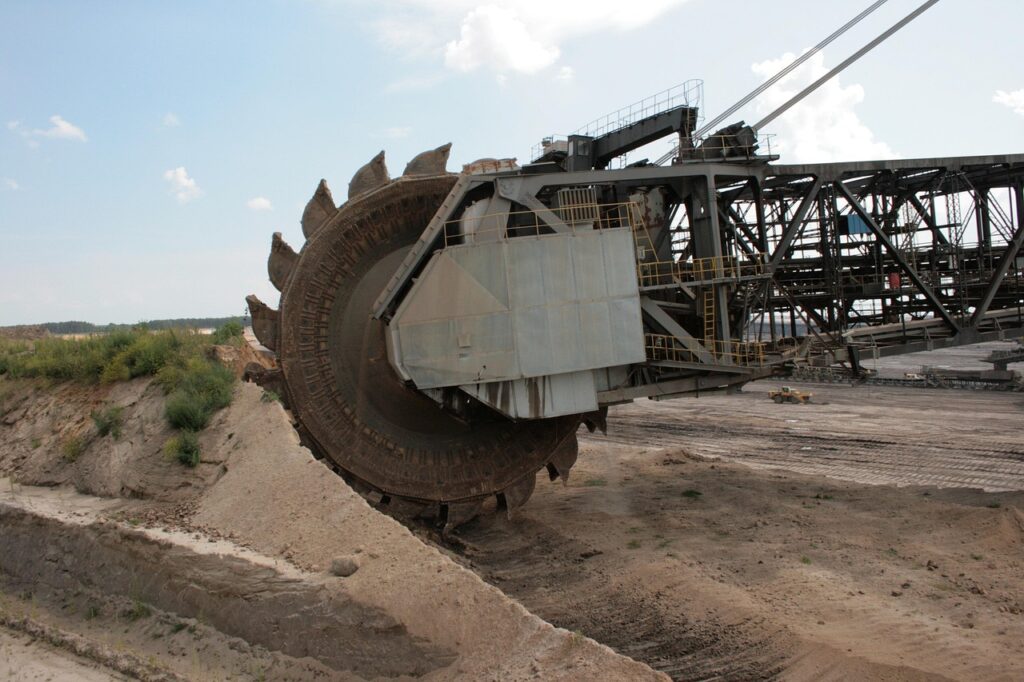Mining schedules are an important part of the mining process. They dictate how and when a miner will extract blocks from a blockchain. There are different types of mining schedules, and each one has its own benefits and drawbacks.
One common type of mining schedule is the round-robin schedule. This schedule rotates miners through a set of blocks, allowing each miner to mine an equal number of blocks. This is a fair way to distribute the work among miners, but it can lead to delays if a miner is unavailable or has slow performance.
Another common type of mining schedule is the proportional schedule. This schedule gives miners a percentage of the blocks based on their hash power contribution. This is a fair way to distribute the work among miners, but it can lead to delays if a miner is unavailable or has slow performance.
A third common type of mining schedule is the equal-share schedule. This schedule gives each miner an equal number of blocks based on their hash power contribution. This is a fair way to distribute the work among miners, but it can lead to delays if a miner is unavailable or has slow performance.
There are also other, more specialized mining schedules. For example, there are pool-based schedules that allow miners to mine in pools and share the rewards evenly. There are also sequential mining schedules that give priority to older blocks over newer blocks.






